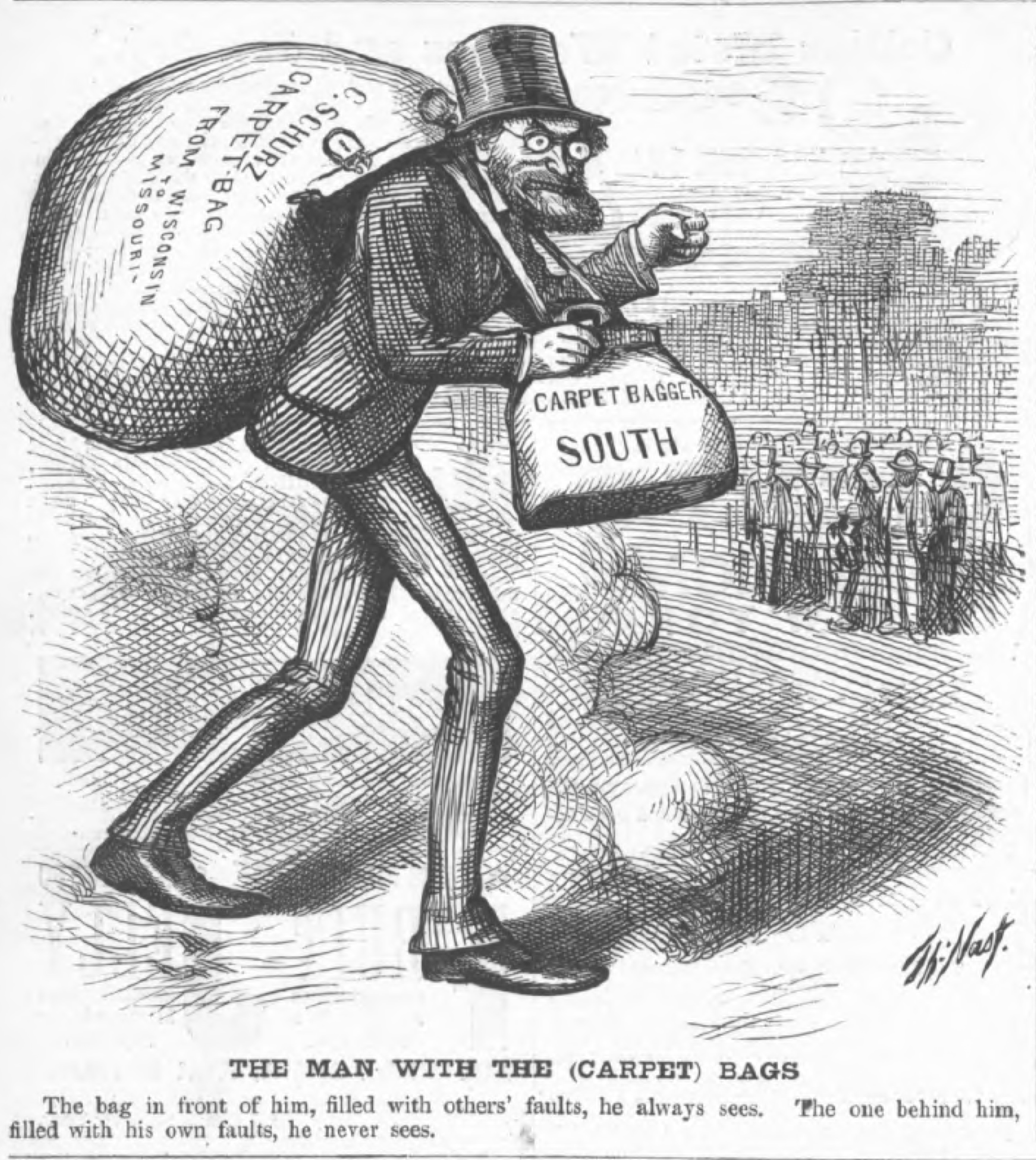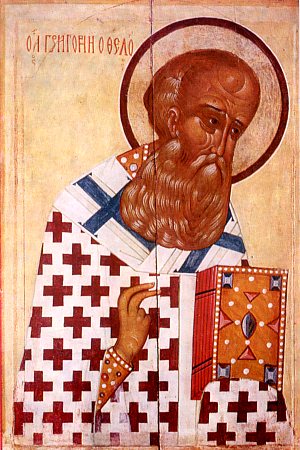To that end, the documentary offers at least three suggestions which, though by no means novel, warrant constant reiteration until they come to fruition:
- Comprehensive sex education in schools: The film cites studies which have shown there to be no correlation between abstinence only education and decreased rates of pregnancy or STDs. While this alone is not enough to commend comprehensive sex education, it is hard not to look over to Western Europe with the remarkably low rates of teen pregnancy and STDs and wonder what our public education system is doing wrong. The government has a legitimate public interest in preventing teen pregnancies and STDs, and the filmmakers rightly point out that the health hazard created by (or at least correlated with) teen ignorance costs the government multiple billions of dollars annually.
- Greater involvement and candor from the religious community: Sex education is not simply a public health concern. It is a moral and existential concern as well, and because of that it is imperative that the faith community take an active role in educating America's youth about sex. At its most compelling, the film displays ministers earnestly seeking to balance moral truth with the pressing needs of adolescents in their congregations. One commenter rightly points out that there was a time when the church was engaged meaningfully on social issues in a way not so readily reduced into the kind of moralizing which is only profitable for an audience to whom it is not applicable. Preachers preach hellfire and abstinence, parents nudge their young children into purity pledges, and adolescents are swept along in ignorance. The church needs to stop teaching teen classes on Song of Solomon and then washing their hands of their youth.
- Parent centered solutions: The church is not and should not be the most directly formative influence on an adolescent's life, and the state infinitely less so. A great deal of the blame for the culture surrounding sex and particularly adolescent sex in America falls on parents. Particularly guilty are those multitudes of parents who deflect responsibility onto the schools and churches, refusing to bring the issue of sex into the home except for a single, awkward, trite "birds and the bees" talk at the onset of puberty. Surely parents haven't forgotten adolescence; surely they remember that sex is not something their teenagers think about once at thirteen, make a decision about, and then are never troubled again. Sex pervades society, and even if it didn't, sex would still dominate the hormone addled mind of teenagers. If parents really cared about their teen, cared more than they care about their comfort, they would be engaged regularly and openly.
- The public interest is a health interest: The state does have a legitimate interest in educating teenagers about sex, but the legitimacy of that interest does not legitimize the state offering up a normative ideology through the education system. The very fact that comprehensive sex education is being used for this ought to raise deafening alarms in the Orwellian corners of our brain. Comprehensive sex education needs to be comprehensive only in terms of its factual, scientific information and only as far as is prudent for preventing unwanted pregnancies and STDs. Teach teens about diseases: how they are contracted, how they are treated, and how they are prevented. Teach teens about pregnancy: how it happens and how it is prevented. Demonstrate contraceptive use, offer resources for obtaining those contraceptives, discuss issues of consent (e.g. what constitutes "date rape"), and the importance of being assertive in demanding that you and your partner practice safe sex. The legitimate concerns of the state end there, but for some reason that hasn't stopped some programs from tacitly or even explicitly passing qualitative judgements on sexual behavior. They want to teach an ideology that homosexuality is good, that sexual experimentation is good, that anything is good provided it is done safely and consensually. The documentary shows over and over sex education material that uses terms like "good," "healthy," "beautiful," and "fun." The state should not be making those qualitative determinations. Their job is to define what is legal; it falls to others to debate what is good.
- The church does not need to abandon ideology: The church, unlike the state, has a duty to make qualitative and moral judgments, and it is not the place of the government to restrict or direct those judgments. Unfortunately, however, most of the churches that were shown actively participating in rigorous sex education were churches of a unabashedly liberal bent. This leaning showed through clearly in the way they approached sex education, and the viewer might get the impression that the only way a church could be involved in sex education in a way that would please the filmmakers would be if they were conferring divine approbation on the secular sex agenda. This need not be the case, however. Churches, even conservative churches, can legitimately engage in rigorous and thorough sex education while continuing to make the argument that premarital sex is a moral evil and promoting heteronormative sexual ethics. It is the ridiculously shallow "sex is bad if you do it before your married" line, coupled with vacuous purity ceremonies, that has made the church culpable in the crisis of teen sexuality, particularly the startling number of devout teens engaging in para-intercourse sex acts with impunity because "technically" they are still virgins. A comprehensive, faith based sex education plan can make great strides in alleviating not only social, but moral and existential ills. Begin with the truth that human sexuality, like everything else, is God-created, wonderful in its appropriate context, and devastating when improperly employed. Acknowledge the intensity of temptation and the universality of human frailty. Create an environment of accountability that minimizes shame and maximizes the edifying value of confession. Most importantly, make the commitment ongoing. Youth ministers and their congregations need to be thinking about sex as often as their teens are and devoting a proportionate amount of time and energy to their sex-related efforts. Just because a church is seriously committed to sex education does not mean that they need to adopt the value judgements of liberal sexual ethics.
- It isn't enough just to shift the blame to parents: Everyone knows that parents need to be more involved. The government has said it. The churches have said it. Even many parents, often hypocritically, have said it. But just as parents are too often guilty of shifting the responsibility onto schools and churches, society seems largely uninterested in actually equipping and encouraging parents to talk to their children about sex education. It is time that schools and churches made a greater effort to ensure that parents had both the tools and the motivation to be active in the sex education of their teens. The documentary made a positive exhibition of a number of very progressive parents (e.g. parents who gave their teens condoms for their birthdays, who let their teens' significant others spend the night, who joked around the dinner table about their teens' sex life) but what was most striking is that many of the parents on display were just as ignorant as their teens. They didn't know the statistics about sex or the myths that were floating around among teenagers. There are some parents, paradoxically (and we shift out of the documentary and into personal experience here), who aren't even entirely sure of the mechanics of sex, pregnancy, and STDs. Parents would benefit from programs offered by schools and churches specifically designed to educate parents about adolescent sex issues and about how to talk to teens about sex. Small, interactive gatherings with teachers, counselors, and members of the clergy have significant advantages over whatever thirty year old "How to talk to your kids about sex" book that a parent might buy off Amazon.











